Credit cards
The ideal credit card isn't a one-size-fits-all solution, as it varies depending on individual needs, expenses, and financial goals. RBO Loans has meticulously curated the top credit cards for 2023 to cater to a diverse range of readers. Instead of singling out a sole "best credit card" and subsequently ranking the next fifteen, our focus is on spotlighting the most suitable credit card for various scenarios.
Please note that the credit cards listed here are exclusively for personal use. If you're in search of a credit card tailored for your business needs, we recommend exploring our compilation of the finest business credit cards.
Best credit card offers
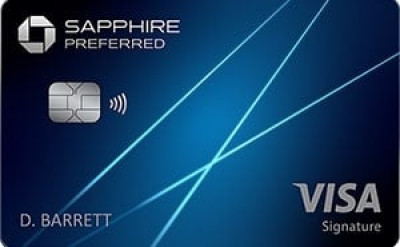
The Chase Sapphire Preferred® Card is an excellent choice, particularly when you transfer points from other Chase cards to it. It offers an exceptional sign-up bonus, especially considering its $95 annual fee.
Pros and cons
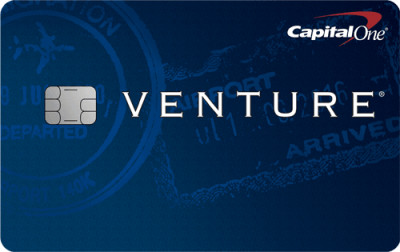
The Capital One Venture Rewards Credit Card is renowned for its straightforward rewards program and flexible redemption options, making it a top choice among travel credit cards.
Pros and cons
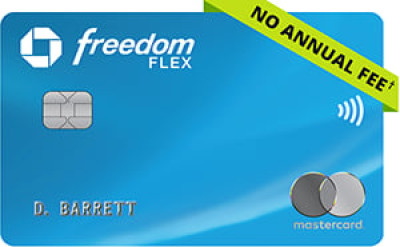
The Chase Freedom Flex℠, while technically a cash-back card, offers an impressive 5% rewards rate for travel booked through Chase. This feature makes it a versatile and valuable option for travelers.
Pros and cons
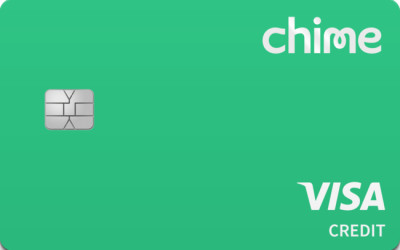
The Chime Credit Builder Visa® Credit Card doesn't require a minimum deposit or charge an annual fee, making it an accessible option for building credit. However, it's important to note that you must be a Chime banking customer to apply for this card.
Pros and cons
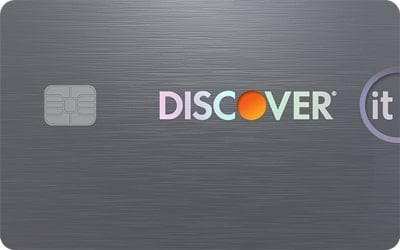
The Discover it® Secured Credit Card stands out as the top choice among secured credit cards due to its attractive rewards program, absence of an annual fee, and the potential for account upgrades.
Pros and cons
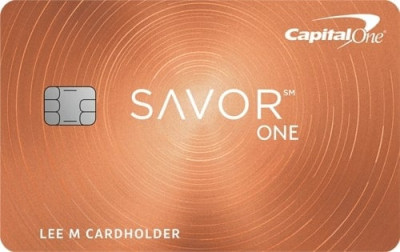
The Capital One SavorOne Student Cash Rewards Credit Card stands out among student cards with its combination of triple rewards in popular categories and a $0 annual fee.
Pros and cons
It's important to recognize that there's no universally "best" credit card. The ideal card for you depends on a multitude of factors, including your spending habits, credit score, existing debts, and more. With a vast array of options available, choosing the right card can feel overwhelming.
FAQ
How Do Credit Cards Work?
Credit cards are financial tools that allow individuals to make purchases on credit. Here's how they work:
- Credit Card Issuance: A bank or credit card company issues credit cards to eligible individuals. To qualify for a credit card, you typically need a good credit history and a stable source of income.
- Credit Limit: Each credit card comes with a credit limit, which is the maximum amount you can borrow using the card. The credit limit is determined by the card issuer based on your creditworthiness and financial situation.
- Making Purchases: You can use your credit card to make purchases at various merchants, both online and offline. When you make a purchase, you're essentially borrowing money from the card issuer to pay for the transaction.
- Billing Cycle: Credit card statements are typically issued on a monthly basis. The period between two consecutive statements is known as a billing cycle.
- Grace Period: Many credit cards offer a grace period, usually around 21-25 days, during which you can pay off your balance without incurring interest charges. If you pay the full balance by the due date, you won't owe any interest.
- Minimum Payment: If you can't pay the full balance by the due date, you must make a minimum payment, which is a small percentage of the outstanding balance. However, if you only make the minimum payment, you'll incur interest on the remaining balance.
- Interest Charges: If you carry a balance beyond the grace period, the card issuer will apply an interest rate (Annual Percentage Rate or APR) to the remaining balance. The interest is a cost of borrowing and can add up quickly if you don't pay your balance in full.
- Credit Score Impact: Your use of a credit card, including payment history and credit utilization, affects your credit score. Consistently making on-time payments and keeping credit utilization low can positively impact your credit score.
- Fees: Credit cards may come with various fees, such as annual fees, late payment fees, foreign transaction fees, and cash advance fees. It's important to understand these fees and how they can affect your overall cost of using the card.
- Rewards and Benefits: Many credit cards offer rewards programs, such as cashback, points, or miles, for using the card. Additionally, credit cards may provide benefits like travel insurance, purchase protection, and extended warranties.
- Security: Credit cards offer a level of security, as they can be easily replaced if lost or stolen. Many cards also come with fraud protection to safeguard against unauthorized charges.
- Building Credit: Responsible use of a credit card can help build a positive credit history, which is important for future financial endeavors like obtaining loans or mortgages.
It's crucial to use credit cards responsibly, pay your bills on time, and manage your balances wisely to avoid accumulating debt and paying excessive interest charges. Credit cards can be valuable financial tools when used wisely, but can lead to financial difficulties if mismanaged.
What Credit Card Should I Get?
The right credit card for you depends on your individual financial goals, spending habits, and creditworthiness. To determine which credit card to get, consider the following factors:
- Your Credit Score: Your credit score plays a significant role in determining which credit cards you're eligible for. If you have an excellent credit score, you'll have access to premium cards with attractive rewards and benefits. If your credit score is fair or poor, you may need to start with a secured or subprime card to rebuild your credit.
- Spending Habits: Analyze your spending patterns to find a card that aligns with your expenses. For example, if you frequently travel, a travel rewards card with airline miles or hotel points might be suitable. If you dine out often, a card offering cashback on dining purchases could be beneficial.
- Rewards and Benefits: Consider what type of rewards or benefits are most valuable to you. Common rewards include cashback, points, miles, or discounts on specific categories like groceries or gas. Cards may also offer perks like travel insurance, purchase protection, or airport lounge access.
What is the best credit card?
Selecting the right credit card depends on individual usage patterns and credit strength. Here are three types of credit cards, each suited to different needs:
Rewards Credit Card:
- Ideal for those who can pay their credit card bill in full each month.
- Offers rewards like cash back, travel points, or airline miles on purchases.
- Best when the balance is cleared monthly to maximize rewards, as carrying a balance can negate the benefits due to interest payments.
Zero Percent Credit Card:
- Suitable for financing significant purchases or consolidating high-interest debt through balance transfers.
- Offers a promotional period with a zero percent APR, allowing interest-free payments for a specified duration.
- Particularly beneficial for those looking to save on interest charges during the promotional period.
Credit-Building Card:
- Designed for individuals starting with credit or aiming to improve a damaged credit history.
- Accessible options for bad credit, fair or average credit, and those with no credit history.
- Helps build or rebuild credit through responsible usage, such as making on-time payments and maintaining a low credit utilization ratio.
Consider personal spending habits, payment capabilities, and credit history when choosing the most suitable credit card. Always read the terms and conditions carefully, including interest rates, fees, and any rewards program details, to make an informed decision.
What is the easiest credit card to get?
Secured credit cards and store credit cards offer easier qualification compared to regular bank cards:
Secured Credit Cards:
- Require a cash security deposit to open an account, providing collateral for the card company.
- Easier to qualify for as the deposit minimizes the risk for the card issuer.
- Approval is not guaranteed, but the eligibility criteria are generally more accessible than for unsecured cards.
Store Credit Cards:
- Typically easier to qualify for than bank-issued cards.
- Offered by retail stores and come with specific benefits, discounts, or rewards tied to the respective store.
- May have lower credit score requirements, making them more accessible for individuals with limited credit history or lower credit scores.
While secured credit cards are secured by a deposit, store credit cards are associated with specific merchants and cater to consumers who frequent those establishments. Both options provide opportunities for individuals with less-than-perfect credit to build or rebuild their credit profiles. It's essential to review terms, fees, and features before applying to understand the specific benefits and conditions associated with each type of card.